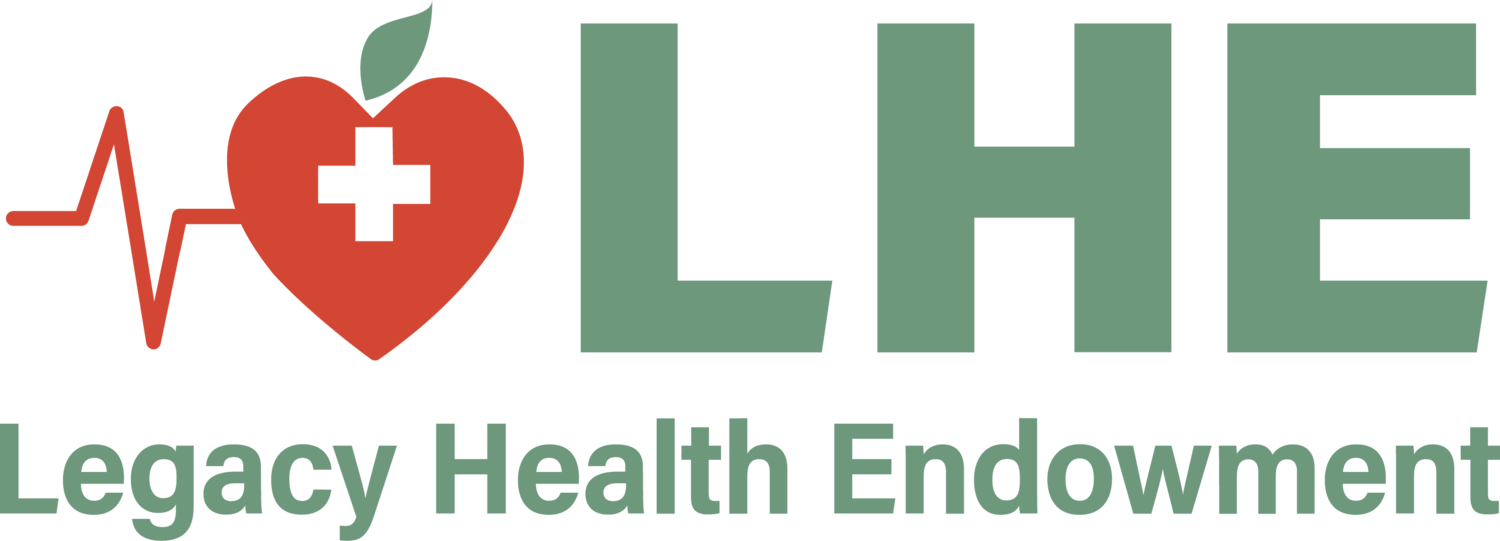340B Drug Discount Program. The Issues Spurring Discussion, Stakeholder Stances and Possible Resolutions
THE 340B DRUG PRICING PROGRAM was created at a time when nonprofit healthcare providers were spending to ensure that patients had access to medicine to treat acute and chronic healthcare problems. Their goal then and today is to help ensure that the patient’s acute care problem did not become chronic.
At the inception of the 340B program, the number of the uninsured were greater, many state Medicaid programs limited who was eligible, and access to free or subsidized medication programs was not as robust as it is today. Today, 26 years later, the 340B program has grown in the number of people being served and the kinds of what providers allowed to participate in the program. It is important to underscore the value of the program in helping patients access medications at the most affordable cash price.
Participation in the Program results in significant savings estimated to be 20% to 50% on the cost of pharmaceuticals Covered Entities. But like every federal program, as it ages in place, questions arise. Should the status quo just be maintained? Should Congress take a new and fresh look at the definition of the patient as well as whether the number and types of providers have grown too much? Is the program transparent, and how should this area be enhanced/modified? Why are hospitals participating in the 340B program treated differently than other covered entities in how they can spend 340B program revenue? And, the list goes on.
The Community Access National Network (CANN)1 is a 501 (c)(3) national nonprofit organization that has been involved in 340B policy issues for many years. Because of its commitment to the program, it recognized an important opportunity to gather a diverse group of healthcare professionals to take a careful and thoughtful look at the program with the hope of providing Congress, the White House, and other elected officials and regulators with an open assessment of the program today and tomorrow.
As a result, the National 340B Commission was launched co-chaired by Bill Arnold the President of CANN, and Jeffrey Lewis, a CANN board member. The report tackles some of the tough choices that the Covered Entities Congress, the White House, Regulators, and State Legislators must ultimately address. The 340B program, like many federal programs, needs elected officials to address the short and long-term challenges. The longer they are ignored, the greater the opportunity for confusion.

